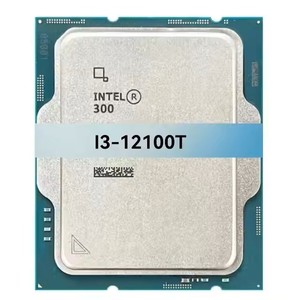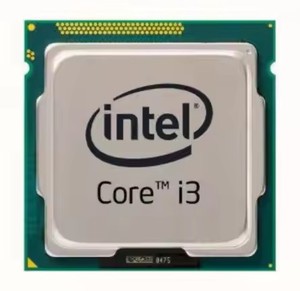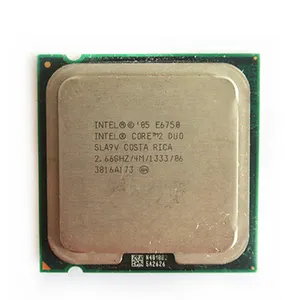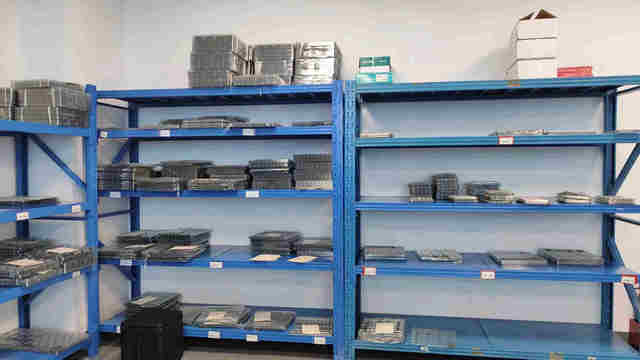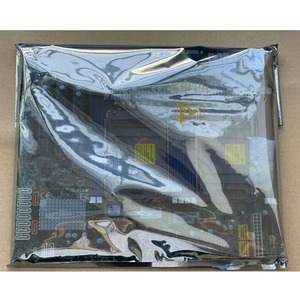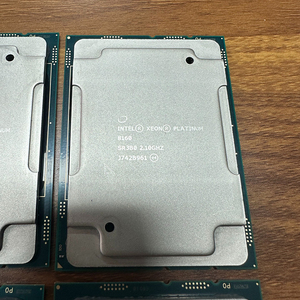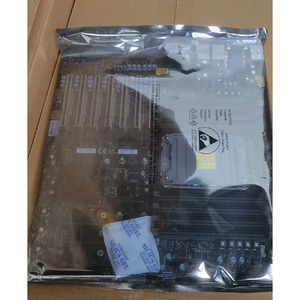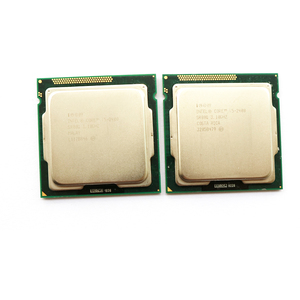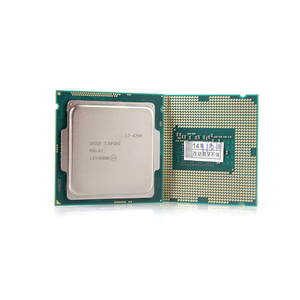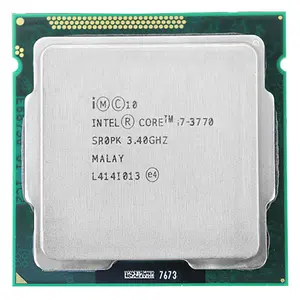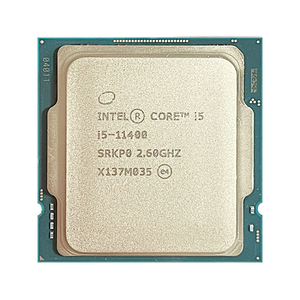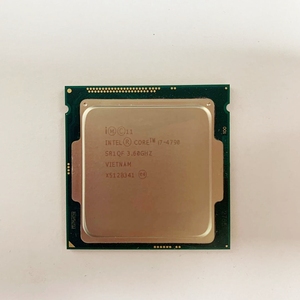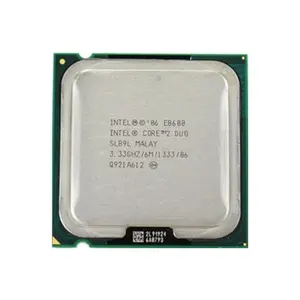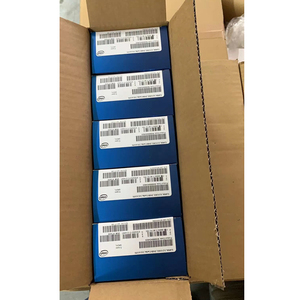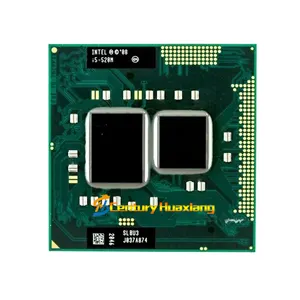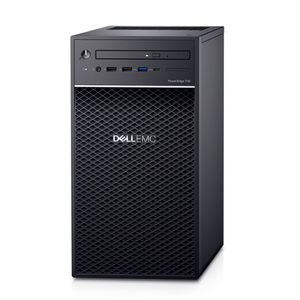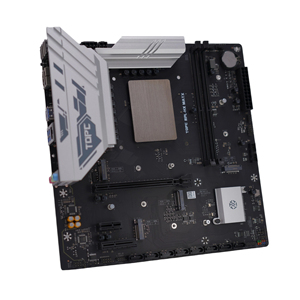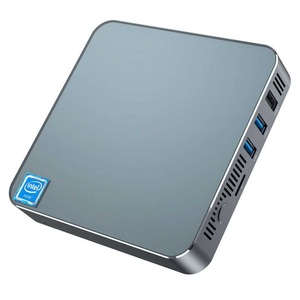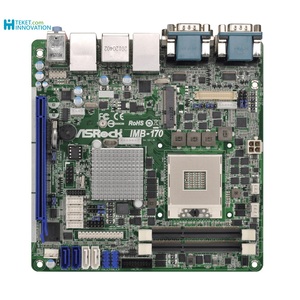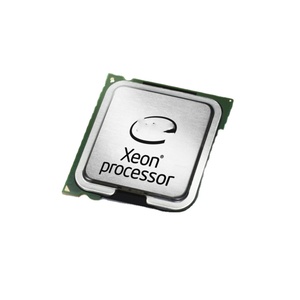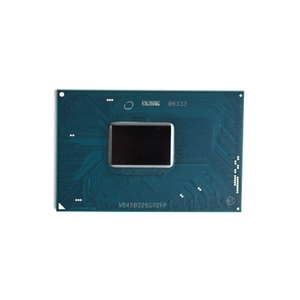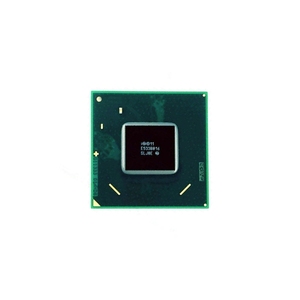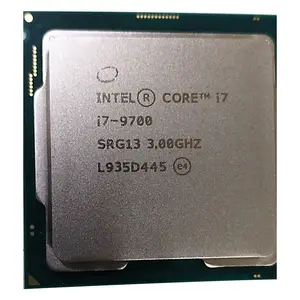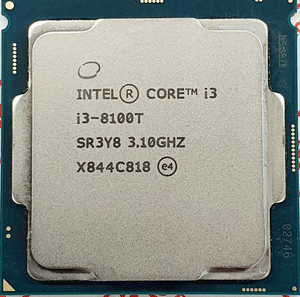Intel Outsource To Tsmc
















 1/1
1/1





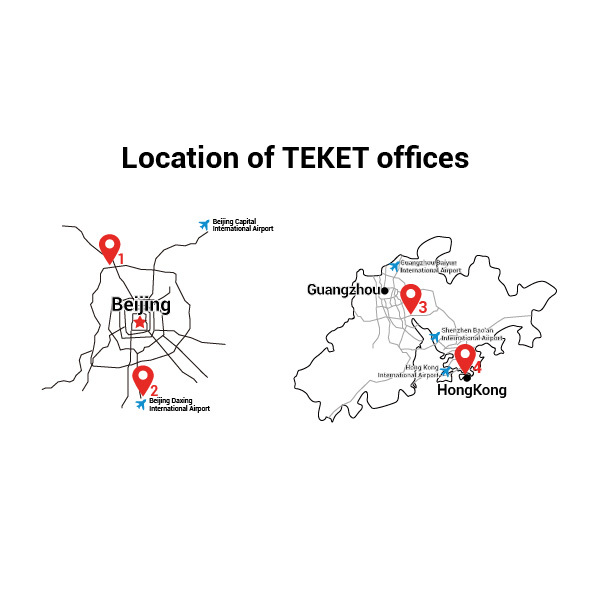











About intel outsource to tsmc
Where to Source Intel Processors Manufactured by TSMC?
The global semiconductor supply chain has evolved significantly with Intel's strategic shift to outsource select processor production to TSMC, leveraging the foundry’s advanced node capabilities. While Intel retains core fabrication in-house, certain product lines—particularly lower-power and legacy desktop CPUs—are increasingly being produced using TSMC’s 6nm and 7nm process technologies. This outsourcing trend has created a secondary market for sourced, used, and reconditioned Intel CPUs originally manufactured via TSMC’s fabs, primarily distributed through Shenzhen-based technology suppliers.
These suppliers operate within China’s dense electronics ecosystem, where access to post-industrial, pulled-from-server, and excess inventory components enables cost-efficient redistribution. The region’s proximity to major Asian logistics hubs allows for rapid order fulfillment, typically within 7–15 days for small-batch shipments. Buyers benefit from flexible MOQs (as low as 1 piece), competitive pricing due to high component turnover, and access to rigorously tested units. However, procurement requires careful vetting to distinguish between new, used, and remarketed stock, particularly given the absence of direct OEM distribution channels for TSMC-fabricated Intel processors.
How to Evaluate Suppliers of Intel CPUs Linked to TSMC Outsourcing?
Procurement decisions should be guided by technical verification, transaction reliability, and quality assurance protocols:
Product Authenticity & Testing
Confirm that suppliers provide functional test reports for each CPU batch, including power-on testing, core functionality validation, and thermal stress checks. For critical deployments, request batch traceability or origin documentation—especially for "pulled" or "server-use" components. Units labeled “full test” or “100% tested” indicate higher reliability.
Supplier Operational Metrics
Assess performance indicators to gauge reliability:
- On-time delivery rate ≥99% indicates consistent logistics execution
- Average response time ≤6 hours supports efficient communication
- Reorder rates above 40% reflect customer retention and satisfaction
- Online transaction volume exceeding US $100,000 annually suggests market presence and scalability
Cross-reference these metrics with product listings to identify suppliers balancing volume capacity with service responsiveness.
Order Terms & Procurement Flexibility
Most suppliers offer MOQs ranging from 1 to 20 pieces, enabling prototyping and small-scale deployment. Pricing varies significantly based on condition: new or unused units command premiums ($200+), while tested used CPUs range from $30–$80. Bulk orders (10+ units) often unlock negotiated pricing and faster dispatch. Customization is generally limited to labeling or packaging, though some suppliers support private branding upon request.
What Are the Leading Suppliers of Intel CPUs Associated with TSMC Production?
| Company Name | Main Products | Online Revenue | On-Time Delivery | Avg. Response | Reorder Rate | Min. Order | Price Range (USD) |
|---|---|---|---|---|---|---|---|
| Shi Di Fen (Shenzhen) Technology Co., Ltd. | CPUs, Motherboards, Servers, Routers | US $330,000+ | 100% | ≤2h | 28% | 2 pieces | $50–$838 |
| Shenzhen Macroway Technology Co., Ltd. | CPUs, RAMs, Motherboards, GPUs | US $310,000+ | 99% | ≤7h | 48% | 10 pieces | $30–$100 |
| Shenzhen Mega Technologies Co., Ltd. | CPUs, Custom Packaging Options | US $130,000+ | 100% | ≤6h | 69% | 10 pieces | $10–$68.50 |
| Shenzhen Wenlink Technology Co., Ltd. | CPUs, Motherboards, RAMs, Cooling | US $140,000+ | 100% | ≤7h | 21% | 1 piece | $30–$245 |
| Shenzhen Levensun Technology Co., Limited | CPUs, Graphics Cards, Power Supplies | US $10,000+ | 100% | ≤6h | <15% | 1 piece | $1–$250 |
Performance Analysis
Shi Di Fen stands out for high-value server-grade components and rapid response times, making it suitable for enterprise buyers requiring Xeon and Platinum series CPUs. Shenzhen Macroway offers balanced reliability with a strong reorder rate (48%) and broad product range, ideal for system integrators. Shenzhen Mega leads in customer retention (69% reorder rate), suggesting superior post-sale support and consistent product quality despite narrower price bands. Smaller-volume buyers may prefer Wenlink or Levensun for single-unit availability, though Levensun’s sub-15% reorder rate signals lower repeat demand, potentially indicating variability in long-term satisfaction.
FAQs
Are Intel CPUs listed under TSMC outsourcing actually fabricated by TSMC?
Direct confirmation is limited at the component level. These listings typically refer to Intel-branded CPUs believed to be produced on TSMC’s process nodes based on architectural analysis. Suppliers do not provide wafer-level origin data. Buyers should treat such claims as inferred rather than verified unless supported by independent silicon analysis.
What is the typical lead time for sample orders?
Sample processing takes 3–7 business days, with most suppliers shipping within 48 hours of payment clearance. International delivery via express courier averages 5–10 days depending on destination. No suppliers currently offer free samples; costs are borne by the buyer.
Can these suppliers handle large-scale procurement?
Suppliers like Shi Di Fen and Shenzhen Macroway, with annual revenues exceeding US $300,000, demonstrate infrastructure capable of fulfilling bulk orders. However, no supplier discloses factory size or production capacity. For volumes above 100 units, request inventory availability reports and staggered delivery terms to mitigate fulfillment risk.
Do suppliers provide warranties or return policies?
Most offer 7–30 day replacement windows for non-physical defects, excluding damage from installation or overclocking. Warranty coverage is typically limited to functional failure upon arrival. Extended guarantees require negotiation and may involve third-party escrow arrangements.
What quality control measures should buyers implement?
Conduct pre-shipment inspections via third-party auditors if ordering in volume. Require video testing of sample units under load conditions. Use diagnostic tools (e.g., CPU-Z, Prime95) upon receipt to validate clock speeds, core count, and thermal behavior. Retain audit trails of all communications and test results for dispute resolution.




